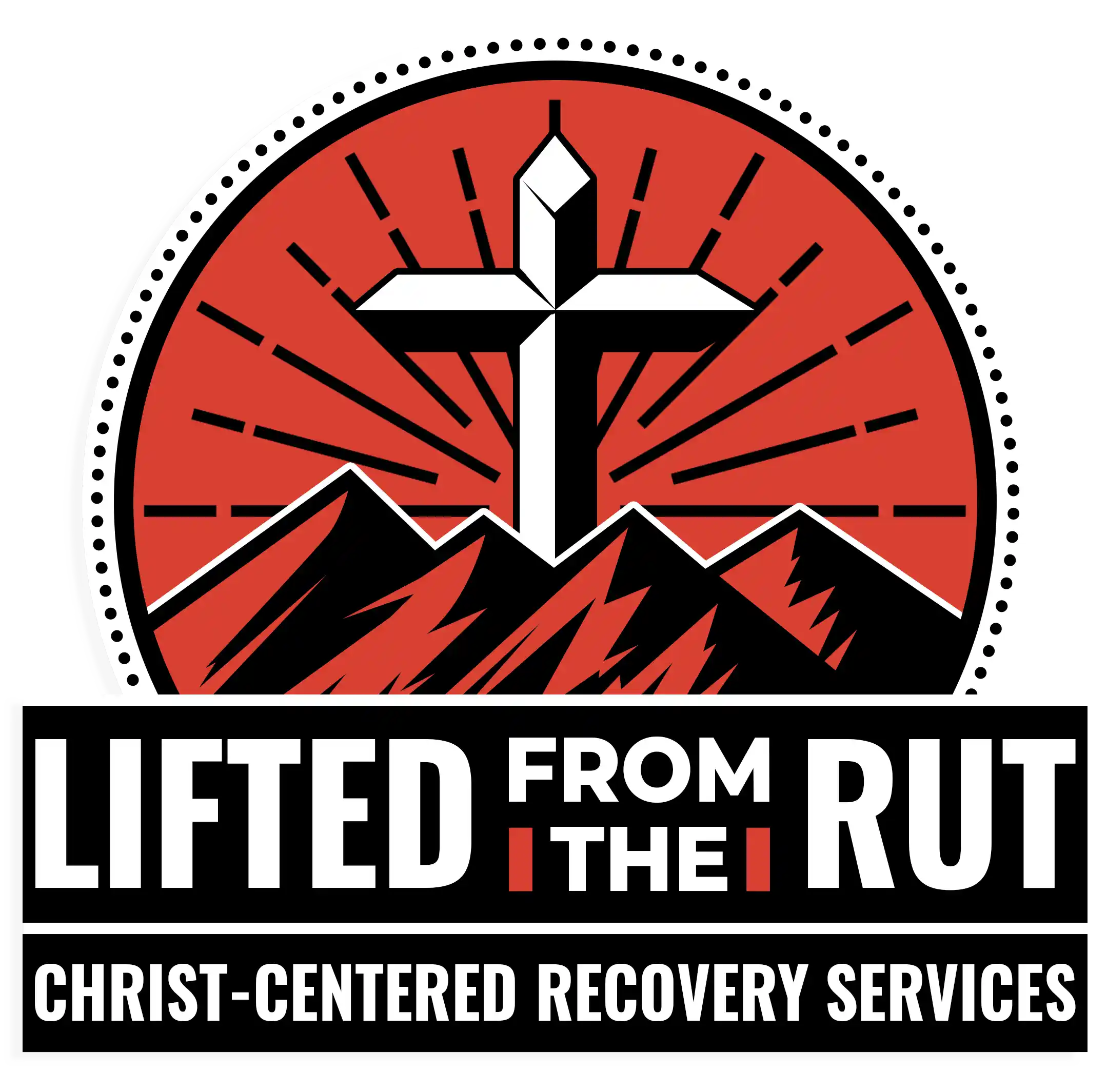When it comes to substance use, early intervention is one of the most effective strategies for preventing addiction from taking root. Acting early allows individuals to access support before their behavior escalates into a long-term, chronic condition.
In this article, we’ll delve into what early intervention is, why it’s crucial, and how it improves recovery outcomes across emotional, physical, and spiritual dimensions.
What Is Early Intervention in Addiction Recovery?
Early intervention means identifying and addressing substance misuse before it progresses into full-blown addiction. Rather than waiting for a crisis, early intervention takes action at the first signs of problematic behavior—whether that’s increased tolerance, changes in mood, or risky decision-making.
This approach includes professional assessments, outpatient programs, family involvement, and spiritual guidance. The goal is to interrupt the progression of substance use before it causes serious damage to a person’s health, relationships, or faith foundation.
Why Timing Matters: The Impact of Early Action
Addiction is a progressive condition, which often begins as casual or experimental use and can quickly evolve into dependency. The earlier the intervention, the more likely it is to prevent the development of severe addiction. By stepping in before substance use becomes chronic, individuals can avoid more serious physical, emotional, and relational consequences. Early intervention allows for treatment before the body and brain become deeply dependent on the substance, which typically requires more intensive care.
In many cases, especially with substances like benzodiazepines, opioids, or marijuana, early symptoms of dependency can be subtle. Loved ones and even the individual may dismiss signs like increased tolerance, mood swings, or secrecy. Recognizing and addressing these warning signs early creates an opportunity for quicker, more effective recovery, especially when support includes a spiritual foundation and values-based guidance.
Improves Long-Term Recovery Outcomes
Research consistently shows that early intervention leads to better long-term recovery outcomes. Individuals who seek support early in their addiction are more likely to respond to outpatient programs, engage in therapy, and avoid the high relapse rates associated with untreated or chronic substance use.
The window of opportunity for change is often larger when someone is still in the early stages of misuse. They may retain more social support, better physical health, and a stronger connection to their values—all of which can be leveraged in treatment. Faith-based approaches can reinforce these personal values and offer a sense of accountability and hope during early recovery.
Protects Relationships and Daily Functioning
Addiction can slowly erode family bonds, friendships, and responsibilities. Early intervention allows individuals to restore and protect these aspects of their lives before they become severely damaged. It also gives families a chance to engage in supportive roles and access resources that help them navigate the situation without blame or burnout.
When substance use starts affecting work performance, parenting, or finances, the ripple effect can be widespread. Addressing the problem early can reduce the impact on career, education, and housing stability—factors that are much harder to recover once lost. With the added perspective of faith, individuals can find purpose in their healing and guidance in how to rebuild these parts of their lives with intention.

Reduces Risk of Co-Occurring Mental Health Issues
Substance misuse often masks or contributes to underlying mental health challenges. Depression, anxiety, trauma, and emotional regulation problems are frequently linked to addiction. The longer substance use continues, the more complicated these co-occurring issues become.
Early intervention provides a chance to identify and treat both the addiction and the mental health issues simultaneously. Integrated care that includes a faith-based perspective can support healing in both areas, emphasizing emotional wellness and spiritual alignment. This dual focus reduces the likelihood of relapse and promotes more sustainable recovery.
Promotes Accountability and Personal Growth
Early intervention gives individuals the opportunity to take ownership of their recovery journey before their choices are dictated by crisis. Whether it’s through outpatient support, recovery coaching, or a Christian recovery program, this early action reinforces self-awareness and responsibility.
By engaging with help early, individuals are more likely to experience motivation driven by values, relationships, or faith—rather than legal pressure or severe consequences.
This mindset fosters greater resilience, spiritual growth, and emotional maturity. Approaches grounded in Christian principles offer a framework for personal development and the pursuit of lasting change.
Final Thoughts from LFTR Christ-Centered Recovery Services
Early intervention gives individuals the best chance at avoiding the long-term pain of addiction. Acting at the first signs of substance misuse leads to better health, stronger relationships, and a more hopeful future.
At LFTR Christ-Centered Recovery Services, we offer practical and compassionate early intervention solutions in Littleton, Colorado through outpatient care, faith-based counseling, and family support. Our goal is to help people reclaim their lives with clarity, purpose, and lasting change, starting as early as possible.





